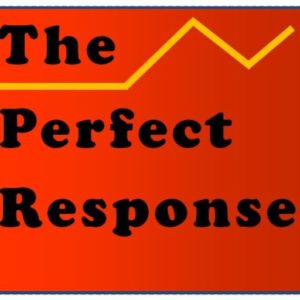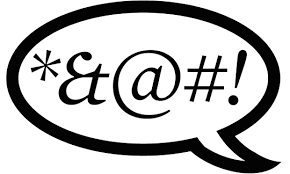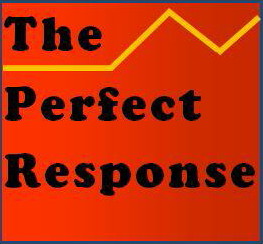“Freedom” as used in many public forums is stretched beyond what the founders of the country probably had it mind.
Generally speaking, there are words that we can use that make it less likely we will hear challenges to our views. These are words like “truth,” “honesty,” “education,” “freedom” or “justice.” These broad evocations of transcendent values are intended to beg for acceptance. Hanging ideas on them will likely subdue opposition. Rhetoricians call them “God terms.”
“Freedom” is clearly Exhibit A. Presumably, you are safe from an rebuke if your reasons for acting include the exercise of tried and true personal “freedoms.” The term is like an automatic “get out of jail” card.
But “freedom” as used in many public forums today is stretched beyond what the founders of the country surely had it mind. It seems like people will defend every crazy and bad choice today under the banner of a person’s “right” to act as they see fit. Given this logic, any action is defensive as a representation of a core American birthright. While most of us are not fooled, the urge to wrap a bad idea in the eulogistic term is a deeply ingrained human habit.
Recently Congressman Jim Jordan of Ohio badgered Dr. Anthony Fauci in a House hearing, suggesting that the expert on infectious diseases was impinging on a person’s freedom be urging the use of face masks. It’s a feature of his rhetorical style to not drop a point. His repetition of the word seemed to be based on the intellectually dishonest belief that he had Fauci trapped in some sort of values conundrum. See the exchange here:
https://www.youtube.com/watch?v=bwLj7egnPGo
The Director of the U.S. National Institute of Allergy and Infectious Diseases patently noted that the issue wasn’t freedom at all, but a simple matter of following best public health practices during the worst public health crisis in a generation. Masks have dramatically reduced the spread of the covid-19 virus. But Jordan would have none of it, and continued to practice this common form of rhetorical malfeasance. Similarly-minded folks have noted that it is apparently a violation of their personal freedoms to pay the federal government fees for using federal lands to graze their animals, or to pay taxes, or to register a boat with local authorities, or to use the visitors’ entrance to the United States Capitol.
The bloat in the meaning of freedom makes us all potential victims.
Even more troubling, we continue to pay dearly for using “personal freedom” as a rhetorical cover to ward off attempts to regulate handguns and assault weapons. Some who are familiar with the “right to carry” case the Supreme Court is considering believe it will continue to strike down a number of local restrictions, leaving the rest of us to risk our personal safety so others can be “free” to brandish weapons. Armed Americans can now enter some state houses, college campuses and various businesses.
Language has consequences. The bloat in the meaning of “freedom” makes us all potential victims. If opinion-leading media and the courts continue to put the vast majority at risk by tacitly accepting an overly expansive definition of personal freedom, we will surely enshrine the “shooter society” we have become. (The Second Amendment predicate and qualifier of “well-regulated militias” seems to have been defined out of existence.) All of the predictable post-hoc prayers for the dead won’t begin to mitigate our complicity. We can never become a true civil society if the most desperate and ill among us have the right to keep a lethal weapon inches from their hands.
![]()


